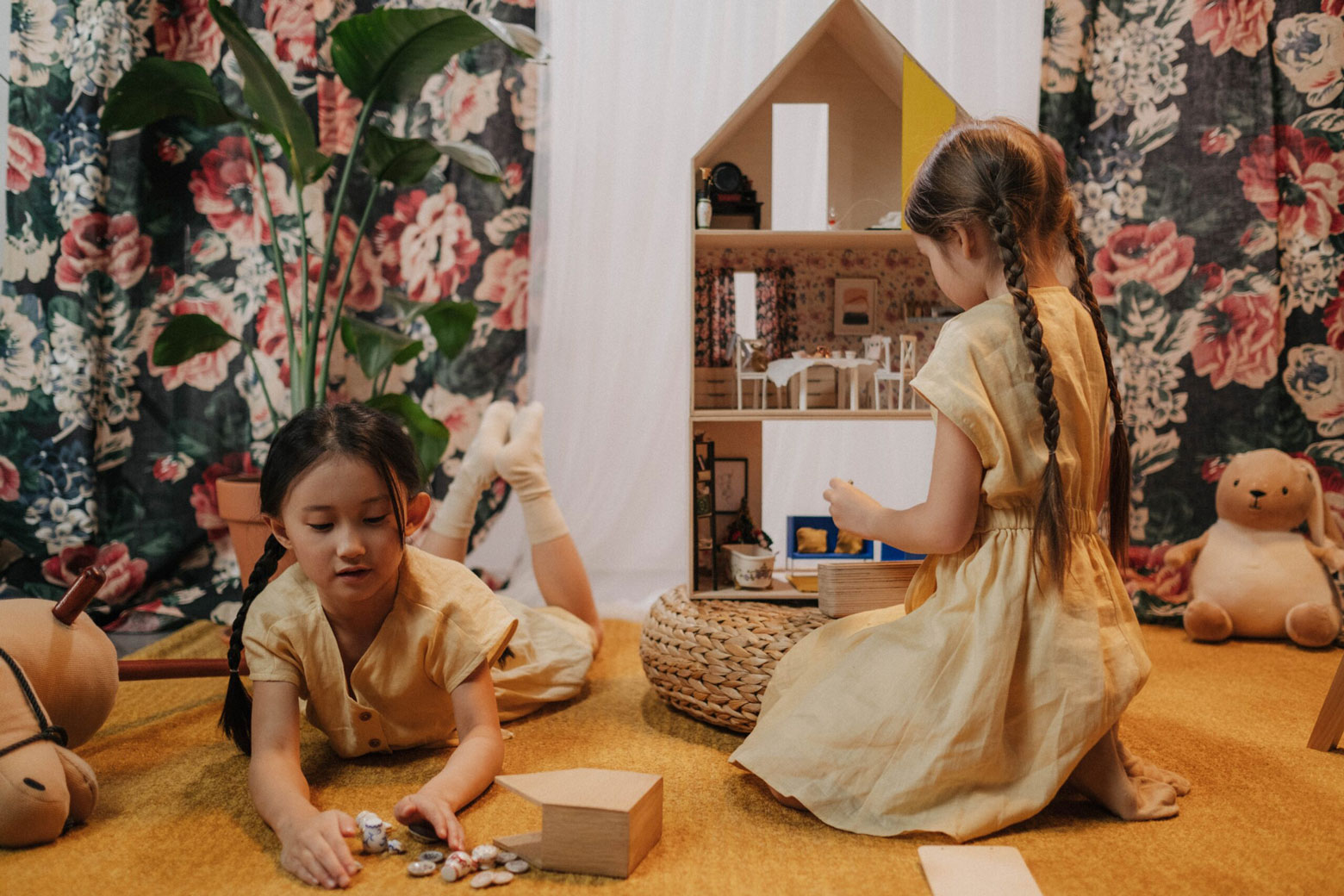While it’s sometimes assumed that the male-to-female ratio of autism diagnoses is 4:1, it’s really closer to 3:1, research shows. According to the Centers for Disease Control, autism impacts an estimated 1 in 54 children in the United States, but females are at an increased risk of not receiving the proper clinical diagnosis.
Autism, or Autism Spectrum Disorder (ASD), is a developmental disorder with a broad spectrum of conditions and symptoms. This disorder can cause difficulty socializing, repetitive behaviors, and behavioral challenges.
Common symptoms in girls
One study found that girls with autism are more likely than boys to have higher social communication impairment and lower cognitive ability.
Some common symptoms, behaviors, and interests among people with autism include:
- Avoiding or not keeping eye contact
- Not responding to their name by 9 months of age
- Not showing emotional facial expressions by 9 months of age
- Showing little interest in peers
- Not pointing or looking at what you point to by 18 months of age
- Not noticing when others are hurt or sad by 24 months of age
- Getting upset over minor changes
- Insisting on following specific routines
- Repeating words or phrases over and over
Diagnosis barriers
While there is no medical test for autism, it can be diagnosed reliably by age 2. However, many children don’t get diagnosed until they’re much older, some even not until adulthood. This means young people with autism may not be getting the help they need when they need it. Additionally, girls can display symptoms of autism differently than boys. They may not display repetitive behaviors or may be better at controlling behaviors in public. They may also be able to make eye contact, smile, and be more interested in making friends. But this doesn’t mean the other symptoms are not present; they just may be less visible.
Other barriers to diagnosis and proper treatment include co-existing mental health conditions. Those with autism are at a predisposition to experience anxiety disorders, attention deficit hyperactivity disorder (ADHD), and depression. That’s why Valley Oaks Health is here to support children and families through a variety of services, including children’s counseling.






